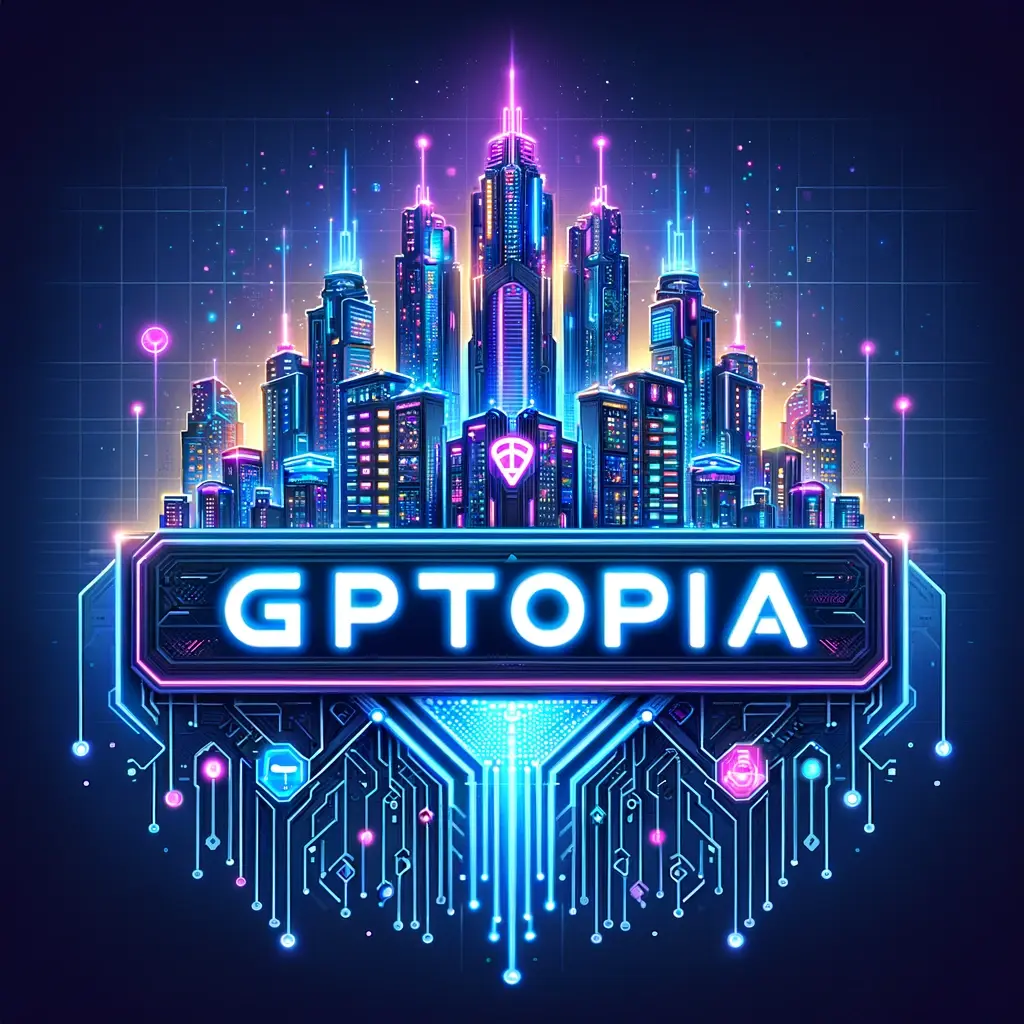complete article index can be found at
https://ideabrella.com/papers/articles
Navigating the Complex World of Social Space “Trolls” & “Jerks” ZEN 💡 @ThisIsMeIn360VR · Jul 30 Let’s make a Docuseries about DIGITAL TROLLS ! (see link below)
The digital age has ushered in an era where social spaces, from social media platforms to immersive VR environments, are becoming integral parts of our lives. These spaces offer numerous benefits, such as enhanced communication, community building, and access to information. However, they also come with challenges, including the rise of digital trolls and misinformation. Understanding these dynamics is crucial, especially as we explore the potential of AI agents in these environments. This article delves (yes I’m human and I use this word) into the benefits and negatives of social spaces and emphasizes the importance of education in navigating these complex landscapes.
The Benefits of Social Spaces 1. Enhanced Communication: Social spaces enable real-time communication across the globe, breaking down geographical barriers and fostering global connections. Platforms like audio spaces, video chats, virtual reality etc have revolutionized how we stay in touch with friends, family, and colleagues. 2. Community Building: Online communities offer support, knowledge-sharing, and a sense of belonging. From niche interest groups to professional networks, these spaces provide opportunities for collaboration and social interaction. 3. Access to Information: Social media and digital platforms offer vast amounts of information at our fingertips. Users can stay informed about current events, learn new skills, and access diverse perspectives. 4. Opportunities for Innovation: AI and XR technologies are transforming social spaces, creating new ways to interact and collaborate. Social Audio and Virtual reality environments, for example, allow for immersive experiences that can enhance learning and entertainment and create new sources of ideas.
The Challenges of Social Spaces While the benefits are significant, social spaces also present various challenges that need to be addressed: The Trolls https://digital-trolls-eqpmx5c.gamma.site Some of the common types include: - The Sly Scammicus: Expert in deceptive practices, aiming to defraud users. - The Misinformator Gloomius: Spreads false information, often with a negative slant. - The Shouty Audio-Rex: Dominates audio spaces with loud, aggressive behavior. - The Harassing Haranguer: Engages in persistent harassment and bullying. - The Babbling Time-Wastius: Engages in pointless conversations, wasting others’ time. - The Spam Boticus: Floods spaces with unsolicited messages and advertisements. - The Mimicking Positroll: Mimics positive interactions to deceive users. - The Doomsday Cawler: Predicts and spreads doom and gloom scenarios. - The Merchant of Fakery: Sells fake goods or services. - The Conspiracy Theoraptor: Promotes baseless conspiracy theories. Learn more about the types here: https://x.com/ThisIsMeIn360VR/status/1754941494484464101
The issues 1. Digital Trolls and Misinformation: The anonymity of the internet allows trolls to thrive, spreading misinformation and disrupting constructive dialogue. 2. Privacy Concerns: The vast amount of personal data shared on social platforms raises significant privacy issues. Users often unknowingly expose themselves to data breaches and misuse of their information. 3. Mental Health Impact: Constant exposure to negative content, cyberbullying, and the pressure to maintain a certain online persona can adversely affect mental health. 4. Digital Divide: Access to digital technologies is not universal, leading to disparities in who can benefit from these social spaces. This digital divide can exacerbate existing social inequalities.
The Role of Education Education plays a crucial role in navigating the benefits and challenges of social spaces. It empowers users with the knowledge and skills to engage responsibly and effectively online. Key educational initiatives include: 1. Digital Literacy: Teaching users how to critically evaluate online content, recognize misinformation, and understand the implications of their digital footprints. 2. Cybersecurity Awareness: Educating users on best practices for protecting their personal information and staying safe online. 3. Emotional Intelligence: Promoting healthy online interactions, empathy, and resilience against cyberbullying and negative online behavior. 4. Responsible AI Us: As AI agents become more prevalent, it is essential to educate users on their ethical use, potential biases, and ways to harness their benefits while mitigating risks.
The integration of AI into social spaces offers tremendous potential for enhancing communication, innovation, and access to information. However, it also brings challenges that must be addressed through comprehensive education and awareness. By understanding the dynamics of digital trolls and the broader implications of our online interactions, we can create safer, more productive, and more inclusive digital environments. For a deeper exploration of the types of digital trolls and their behaviors, visit the Trolls of Planet X website. This knowledge is crucial as we navigate the evolving landscape of social spaces and harness their full potential for positive change.









